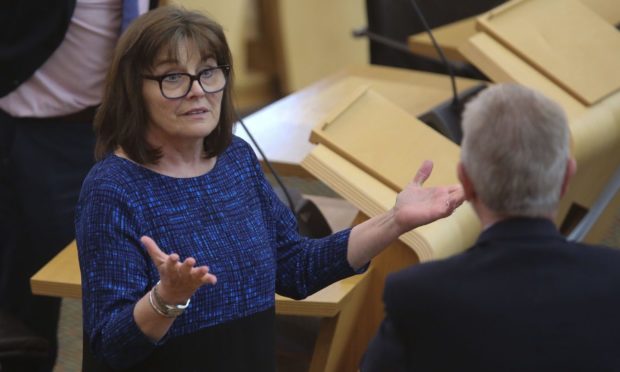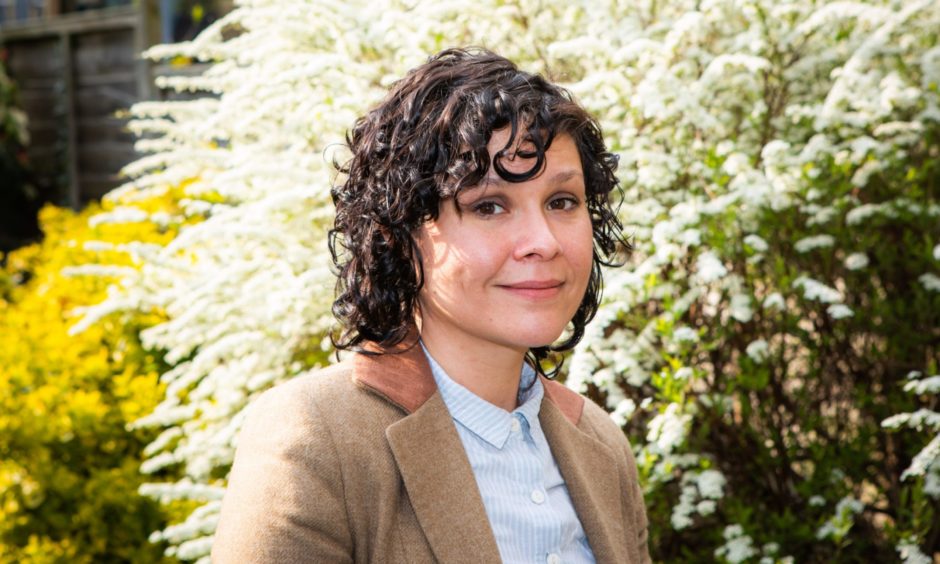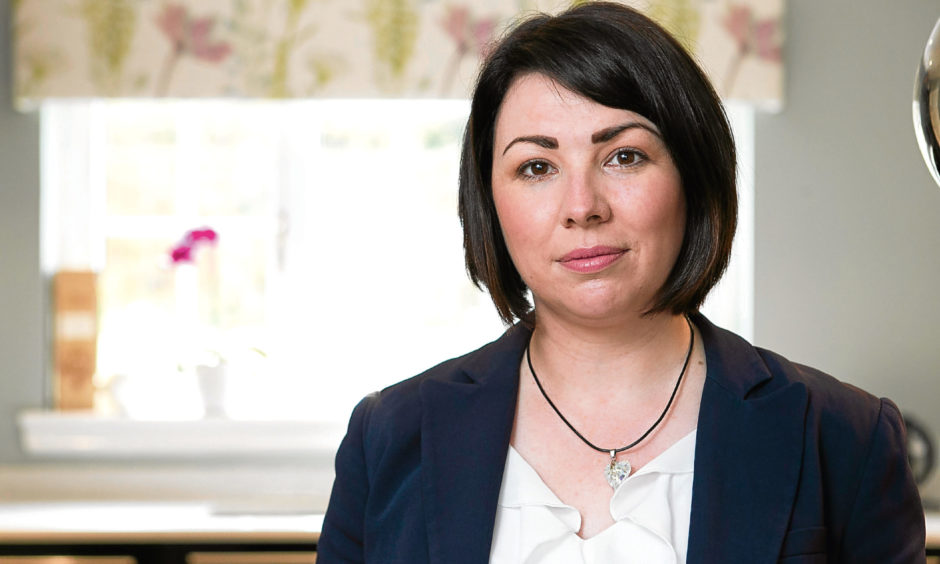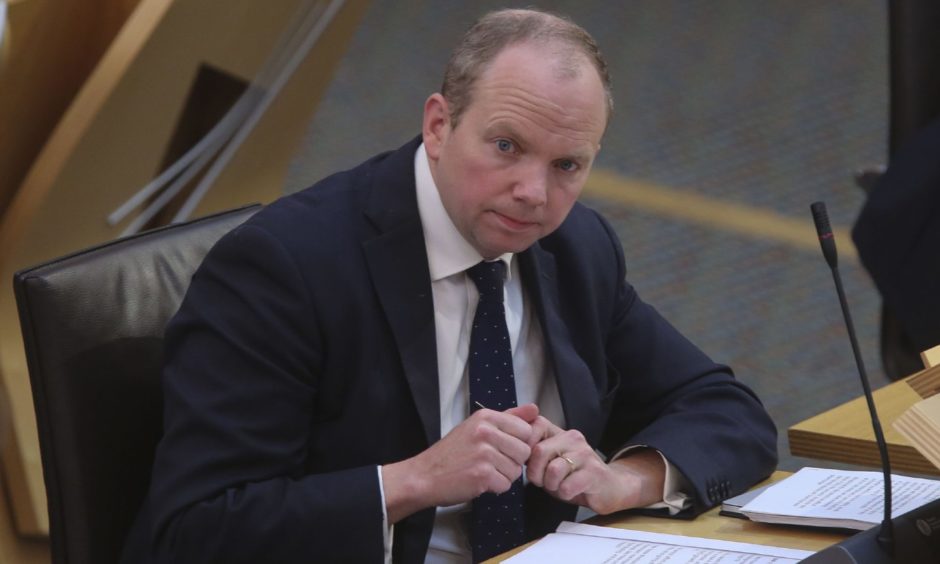Breast cancer patients given lower-than-standard chemotherapy doses by NHS Tayside have called on Jeane Freeman to help resolve the “grievous damage” caused by unanswered questions over their care.
Around 200 women were given lower doses between December 2016 and April 2019 in a bid to reduce harmful side effects, a decision that a Scottish Government-commissioned report later stated resulted in an increased risk of their cancer recurring.
A support group set up by women and families impacted by the issue is asking the health secretary to become directly involved in the final months of her parliamentary career, following fresh revelations about a botched review into the health board.
The Courier revealed the latest in a line of issues with reports into the care offered to NHS Tayside patients after a senior doctor removed his name from the medical register in the wake of an undeclared conflict of interest collapsing an independent probe.
Surely this is what an elected health secretary is for, to intervene on behalf of the public.”
NHS Tayside Cancer Care Support Group founder Lee Dennis
The patient group – which calls itself NHS Tayside Cancer Care Support Group – has railed against a series of flawed or disputed official reports commissioned by the Scottish Government and other professional bodies for “resolutely failing to recognise the effects on the patients and families who must live with this”.
It is now calling calling for Ms Freeman to help finally secure answers and has urged her to organise a digital question and answer session open to any interested participant affected by the treatment.
Perth-based campaigner Lee Dennis, founder of the NHS Tayside Cancer Care Support Group, said: “We would like her to provide a full breakdown of the issue’s timeline to date, in terms of what the government has been asked to do, and by whom, what the government has done, and how it intends to repair the grievous damage done to hundreds of patients and their families.”
No satisfactory conclusion
Mrs Dennis previously offered to meet First Minister Nicola Sturgeon to outline the concerns of patients and families, after she suggested assurances “have already been provided” but never received a response.
Calls for the Scottish Government to set up an inquiry into the issue also appear to have been ignored, despite several patients seeing their cancer return since the issue first came to light.
Mrs Dennis said: “The investigation of this matter has never reached any sort of satisfactory conclusion.
“The sad reality of the situation is that, in tangible terms, patients and families remain very much in the same position they found themselves in back in 2018. This has undermined confidence in our health system, and its checks and balances.
“Crucially, the reason for this parade of official investigations into NHS Tayside’s practices was initiated by patients being unknowingly underdosed without their fully-informed consent.
“This continues to be a very serious matter with long-term consequences and implications for those affected. Surely this is what an elected health secretary is for, to intervene on behalf of the public.”
Scottish Labour health spokeswoman Monica Lennon said Ms Freeman “owes it” to the patients and families to meet them before she stands down at next year’s Scottish Parliament election.
She said: “I pay tribute to the NHS Tayside Cancer Care Support Group for their tenacity and courage, and support their calls for an inquiry.
“The least the health secretary can do is take part in a digital Q&A session with the patients and their families, who still have many unanswered questions.
“Public confidence has been badly shaken by the botched review of oncology services at NHS Tayside. Urgent action must be taken to rebuild trust.
“Jeane Freeman is due to retire in a few months and she owes it to Lee Dennis and all the patients and families affected to meet them before she leaves government.”
Scottish Conservative health spokesman Donald Cameron also called on Ms Freeman to engage with the patients and “provide the answers to which they are clearly entitled”.
“These patients have been through a terrible and unnecessary ordeal, which has been compounded by a lack of answers,” he said.
“Mistakes can be made in any walk of life but being straight and transparent about what went wrong can often go a long way to restoring confidence. After many years, it is wrong for there to remain so many unresolved questions.”
No response
Ms Freeman did not respond to a request for comment on the statements made by the support group. The Scottish Government instead sent a response attributed to an official spokesperson.
The spokesperson said they “appreciate the distress this matter will have caused to patients, their families and NHS staff” and said the government “would expect that all cancer patients are now fully informed of their options before they consent to any treatment and they make shared decisions about their care with their clinical team”.
They added: “NHS Tayside has assured the Scottish Government, including through checks of case notes, that patients are going through fully informed consent, and with the same approach to treatment as other patients across Scotland.”
An NHS Tayside spokeswoman said the board has “accepted and acted upon all the recommendations from the external and independent reviews which have been undertaken since Healthcare Improvement Scotland published its Clinical Management of Breast Cancer in NHS Tayside report in April 2019″.



